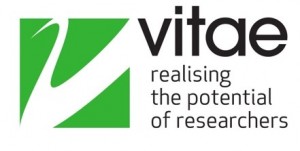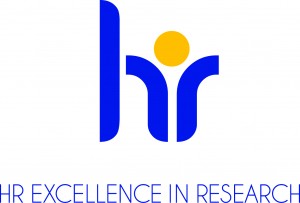 This is a phrase I hear most often at work – we all have increasing pressures and often struggle to be as effective as possible in a shorter period of time to ensure we have a healthy work-life balance.
This is a phrase I hear most often at work – we all have increasing pressures and often struggle to be as effective as possible in a shorter period of time to ensure we have a healthy work-life balance.
We have hired the services of an external facilitator to offer support in this for academic staff as part of the BRAD programme. Dr Margaret Collins has a 20+ year academic career background and uses her experience and subsequent training in theories such as Neuro-Linguistic Programming to deliver advice on how to increase personal effectiveness in these areas.
When I undertook the CROS and PIRLS surveys with staff back in the Summer and when consulting on what sessions would be most valuable for our academic community via the blog, the recurrent theme was better time management to improve work life balance.
You sometimes have to invest a little time to free up more later on – the session on Weds 16th October 1-5 on Talbot campus is a worthwhile investment. There are limited spaces so please do ensure you get one by booking on the Organisational and Staff Development webpages.




 Coming soon is essential training on book writing. A must for researchers, especially those looking to write their first book.
Coming soon is essential training on book writing. A must for researchers, especially those looking to write their first book.










 REF Code of Practice consultation is open!
REF Code of Practice consultation is open! BU Leads AI-Driven Work Package in EU Horizon SUSHEAS Project
BU Leads AI-Driven Work Package in EU Horizon SUSHEAS Project Evidence Synthesis Centre open at Kathmandu University
Evidence Synthesis Centre open at Kathmandu University Expand Your Impact: Collaboration and Networking Workshops for Researchers
Expand Your Impact: Collaboration and Networking Workshops for Researchers Visiting Prof. Sujan Marahatta presenting at BU
Visiting Prof. Sujan Marahatta presenting at BU ECR Funding Open Call: Research Culture & Community Grant – Apply now
ECR Funding Open Call: Research Culture & Community Grant – Apply now ECR Funding Open Call: Research Culture & Community Grant – Application Deadline Friday 12 December
ECR Funding Open Call: Research Culture & Community Grant – Application Deadline Friday 12 December MSCA Postdoctoral Fellowships 2025 Call
MSCA Postdoctoral Fellowships 2025 Call ERC Advanced Grant 2025 Webinar
ERC Advanced Grant 2025 Webinar Update on UKRO services
Update on UKRO services European research project exploring use of ‘virtual twins’ to better manage metabolic associated fatty liver disease
European research project exploring use of ‘virtual twins’ to better manage metabolic associated fatty liver disease